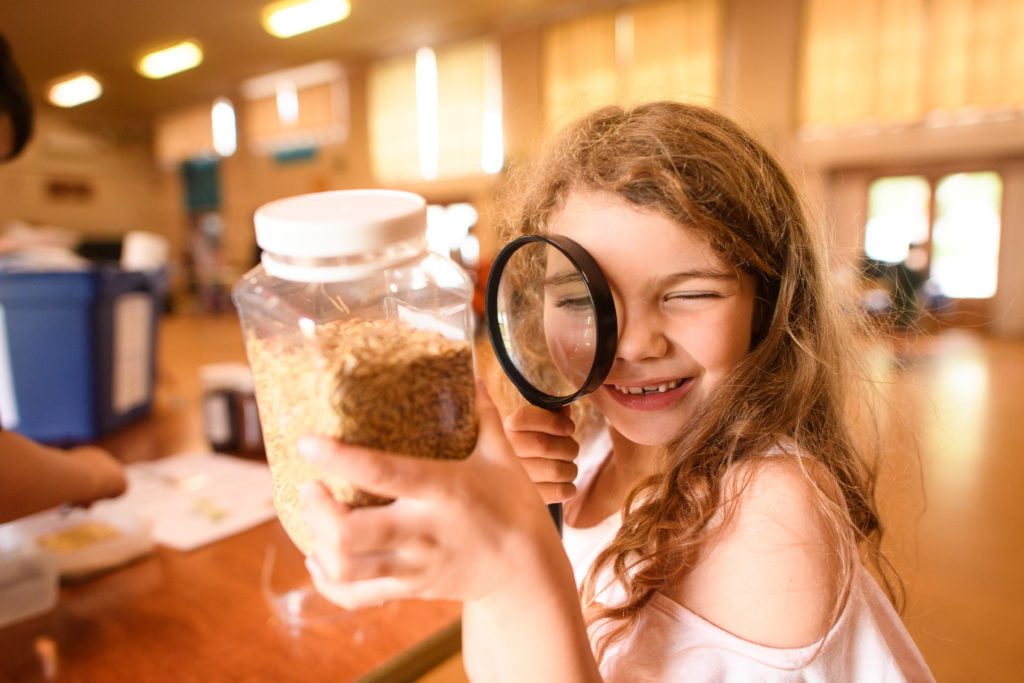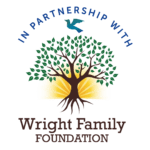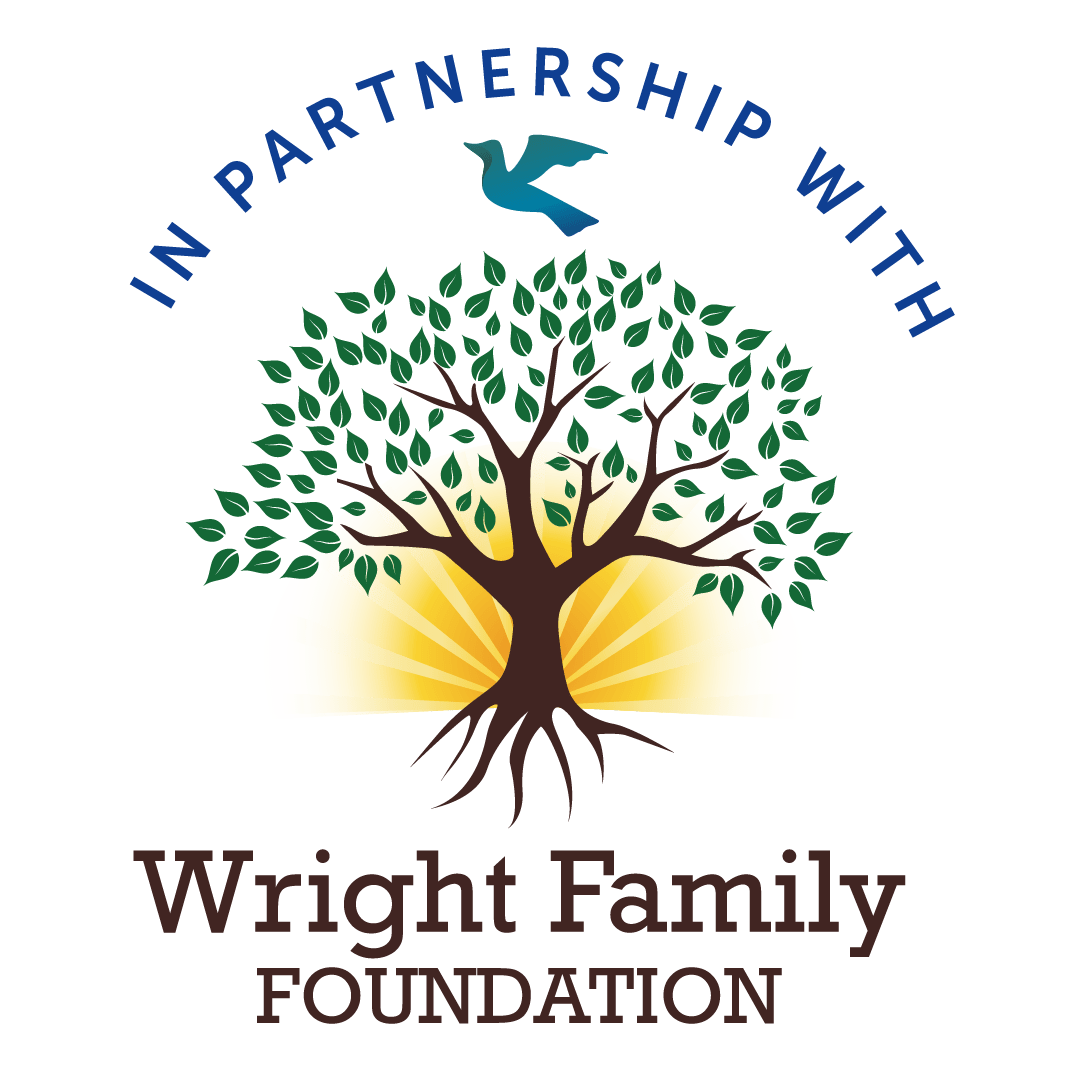Whakatipu Pūtaiao
Growing Science through Professional Learning and Development
Growing Science
through Professional
Learning and Development
House of Science is an
approved MoE PLD provider
This means that schools, kura, kāhui ako and clusters of schools can access the Ministry of Education’s regionally allocated professional development funded support.

What teachers can expect
- A wrap-around, supportive programme based on extensive evidence and research
- A highly experienced primary science teacher/facilitator to work with the teacher, in the classroom
- A programme that is co-constructed and tailored to the unique needs of the teacher, school and community
- Assistance with the PLD application process.
We use a hands-on science inquiry model to deliver against the Ministry’s National Priorities of local curriculum design and assessment for learning.
House of Science
PLD Facilitators
National Priorities
- Local curriculum design
- Assessment for learning
Karen has previously taught at Te Puke Primary school for 19 years, as a classroom teacher of Yr3-6 and as the school’s eEducator and Science specialist teacher. She completed the Royal Society’s Science Teacher Leadership Programme (STLP) in 2016 and following this, led the school in developing an agentic science curriculum that was seamlessly integrated into Literacy and Numeracy through the school’s Explorer Model (Inquiry). Karen is passionate and committed to supporting schools with science as she sees science as essential to developing the real-world learning skills students need for success in the 21st century. Karen has been a House of Science PLD Facilitator since the beginning of 2022.
National Priorities
- Local curriculum design
- Assessment for learning
Carol has been a Primary teacher for over 30 years and at Hampton Hill School for the past 22 years, including the last few years as the Across School Lead for Tawa Kahui Ako. Science is a subject that Carol is very passionate about, and this is contagious with her students and colleagues too. She enjoys integrating Science with other curriculum areas – especially in helping kids experience success in literacy through scientific investigations. Professionally Carol has been involved with numerous science education organisations including NZAPSE, planning the annual national Primary Science Week; Capital City Science Educators (CCSE); Scicon; and the Argo Education Panel (International) to name just a few. In 2012 Carol undertook the Royal Society Primary Science Teacher Fellowship and in 2014 received the Primary Science Teacher Fellowship Alumni Award. In 2018 she was awarded the Prime Minister’s Science Teacher Award. Carol has been a House of Science PLD Facilitator since July 2022.
National Priorities
- Local curriculum design
- Assessment for learning
Mihi has taught at primary and intermediate level, and most recently online with Te Aho o Te Kura Pounamu. With a driving passion for science education, Mihi has always embedded science into the core of her teaching practice. In 2014, Mihi took part in the Royal Society Science Teaching Fellowship with a focus on water testing. From there she has held science lead roles at both intermediate and primary schools where she also led Enviroschools, helping them to reach Green Gold status. For years, Mihi was on the Te Tairawhiti Science and Technology Fair committee. During her stint as Head Coordinator she facilitated a full online refresh. When House of Science was seeking a Branch Manager, she answered the call. Mihi has been a House of Science PLD Facilitator since the beginning of 2023.
National Priorities
- Local curriculum design
- Assessment for learning
Lauren is a primary teacher who has taught across the year levels from new entrants to year 8, often in multilevel classrooms and small rural schools. She has a passion for fostering students natural curiosity and uses science to motivate, engage and connect. Lauren has a commitment to conservation and the natural world being enviroschool lead within schools and a level 3 Forest School facilitator. Lauren is a 2019 graduate of the Science Teaching leadership program where she worked in marine science. She is particularly passionate about developing local curriculum and integrating learning with student agency in mind.
National Priorities
- Local curriculum design
- Assessment for learning
To find out more contact the PLD Manager Anne Ryan
Testimonials
I loved the way Julz worked with the students. When she was here, the students loved science time. Julz has a great way of engaging with the students and getting them to work well and co-operatively in small groups. Your work helped build our younger students’ natural wonder and awe of the natural and physical world. Our students were also taught how to have good scientific practice when investigating without taking the excitement and enjoyability out of it. Thanks so much, Julz, you not only enthused the students but the teachers also.
Katherine Forster
Manunui School
Our House of Science facilitator has worked with us to develop a PLD plan that is based on an instructional coaching model where the facilitator works one-on-one with our kaiako. The professional learning is engaging, contextual and specific to our learning programmes. Teachers continue to build on their pedagogical knowledge and have increased confidence teaching science across the curriculum, making authentic connections with our tamariki, local communities and iwi. This programme has been particularly successful with our Rumaki classes. With the science materials being available in both Te Reo Māori and English, it makes the learning accessible to all our Ākonga.
Jacqui Van Der Beek
Deputy Principal – Bethlehem School
The House of Science PLD has completely changed my teaching and how our tamariki view science. Having a facilitator not only come in and work on a whole school approach but also give tips on how to best implement the HoS kits into our classroom setting has been extremely valuable. Our facilitator has in-depth knowledge of all science capabilities and the NZ curriculum and how these can realistically look in a classroom and school setting. Not only have we seen fantastic growth in science knowledge but all areas of the curriculum especially vocabulary through the fun hands-on activities provided to us each fortnight in our HoS kits. Signing up to House of Science has been one of the best things we have done as a small rural school, and I encourage anyone else thinking of joining to do so!
Cindy Woolston
Principal – Tokirima School
I enjoyed watching and joining in the class taster session. Mihi made it look easy to implement a lesson. I liked the way she talked about how we all have a science brain and how to use our senses to make observations and think about what is happening and how something is working.
It was fantastic to see how engaged the tamariki were in exploring, learning and understanding about science in the world around us. Particularly encouraging seeing the usually less ‘adventurous’ learners getting involved and giving new learning a go!
Greenmeadows School
“The House of Science team, supply us with awesome Science kits that are a ‘paint by numbers’ plan for exciting and engaging Science concepts.” “These kits enable our teachers to provide ‘hands on’ stimulating lessons which also provide a bicultural perspective as well.”
“Carol Brieseman has facilitated numerous staff meetings, modelled lessons, and aided us with our strategic planning with regards to the Science curriculum.” “She has helped us with our direction and Science, while influencing and teaching pedagogy and the confidence of our teaching team in this area.”











